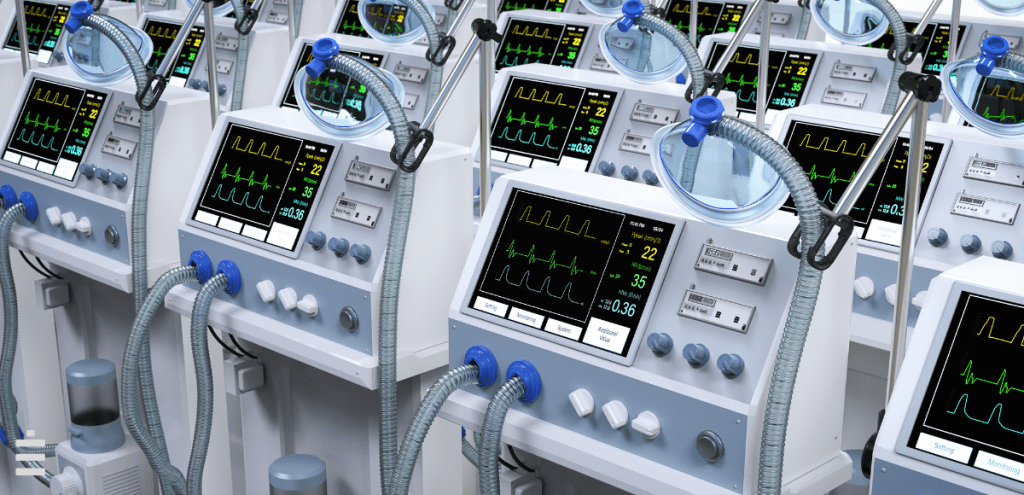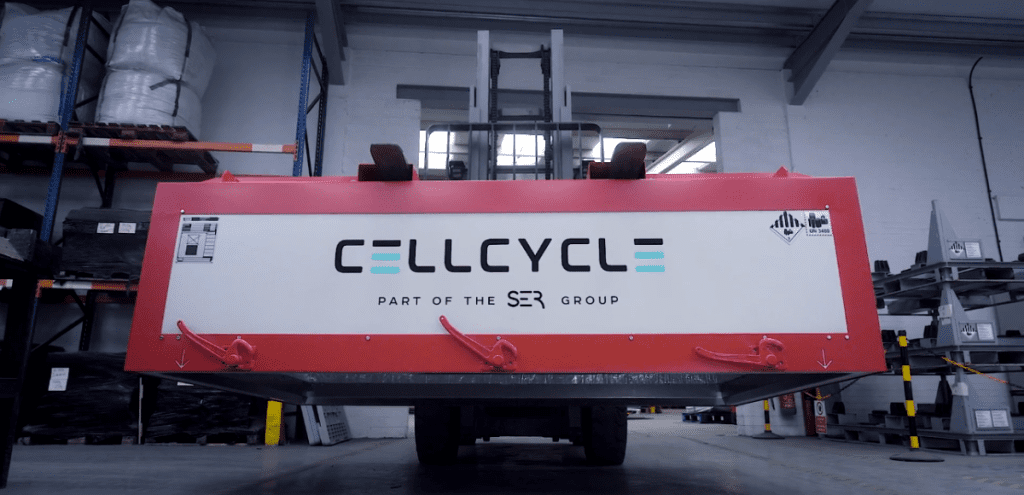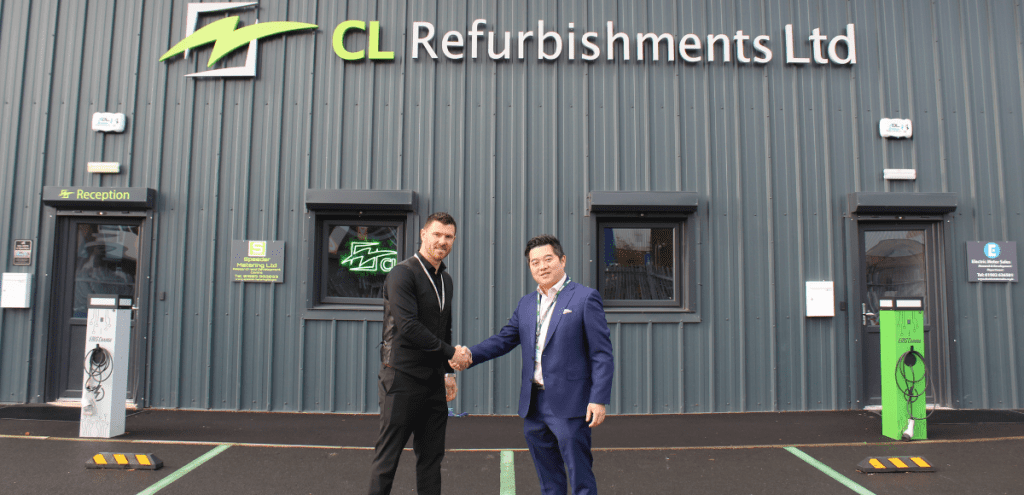The most common type of Lithium Batteries in Medical Devices
- Lithium Iron Phosphate (LiFePO4 or LFP): Known for its safety and long cycle life, LiFePO4 batteries are used in portable medical devices and equipment that require frequent charging and discharging.
- Lithium Manganese Dioxide (LiMnO2): These primary batteries are often found in devices like pacemakers and defibrillators due to their reliability and ability to provide consistent power over long periods.
- Lithium Carbon Monofluoride (Li-(CFx)): With an extremely high energy density, Li-(CFx) batteries are ideal for implantable medical devices that need to operate for extended durations without recharging.
- Lithium Cobalt Oxide (LiCoO2 or LCO): Commonly used in portable medical devices, LCO batteries offer high energy density but require careful handling due to safety concerns.
- Lithium Nickel Manganese Cobalt Oxide (LiNiMnCoO2 or NMC): Used in high-performance medical equipment, these batteries balance high energy density, safety, and cycle life.
- Lithium Nickel Cobalt Aluminium Oxide (LiNiCoAlO2 or NCA): Known for their high energy density and long life, NCA batteries are used in demanding medical applications.
- Lithium Thionyl Chloride (Li-SOCl2 or LTC): These batteries are used in devices that require a long shelf life and reliable operation in extreme conditions, such as certain monitoring equipment and implantable devices.
The Challenge of Lithium Battery Disposal
As the usage of lithium batteries in the healthcare sector grows, so does the need for effective recycling solutions. Improper disposal of these batteries poses significant environmental and health risks due to the hazardous materials they contain. This is where Cellcycle steps in as a pivotal player.
Cellcycle: Leading the Charge in Lithium Battery Recycling
Cellcycle is one of the few UK companies that specialises in recycling Lithium batteries from the healthcare sector. Our comprehensive recycling solutions ensure that both lithium primary and Lithium secondary batteries are disposed of responsibly and sustainably. A sustainable Lithium battery recycling solution:
- Advanced Recycling Technology: We have the team of High Voltage engineers to safely disassemble batteries and send them over to our refiner partners abroad to recover valuable materials like lithium, cobalt, and nickel, which can be reused in the production of new batteries.
- Environmental Compliance: Cellcycle adheres to stringent environmental regulations, ensuring that our recycling processes minimise any negative impact on the environment. We hold Environment Agency-approved certifications such as ABTO (Approved Battery Treatment Operator) and ABE (Approved Battery Exporter) to ensure we handle and treat each lithium 100% compliant with UK and EU regulations.
- Safety Protocols: Handling lithium batteries, especially those used in medical devices, requires rigorous safety protocols. Our team is trained to manage these batteries safely, preventing potential hazards such as leakage or fire.
- Custom Solutions for Healthcare Providers: We understand the unique needs of the healthcare sector. Cellcycle offers tailored recycling programmes that fit the specific requirements of hospitals, clinics, and medical device manufacturers. This includes convenient collection services and every specialist clinical handling detailed reporting on their battery asset.
- Sustainability Initiatives: Beyond recycling, Cellcycle is dedicated to promoting sustainability. We actively engage in research and development to improve our recycling methods and support the circular economy by reintegrating recovered materials into the production cycle.
Why Choose Cellcycle?
Choosing Cellcycle for your lithium battery recycling needs ensures that you are partnering with a company that prioritises safety, efficiency, and environmental responsibility. Our expertise in handling both primary and secondary lithium batteries make us a trusted partner for the healthcare sector. We not only help you manage your lithium battery disposal needs but also contribute to a more sustainable future.
In conclusion, as the demand for lithium batteries in medical devices continues to rise, so does the importance of responsible recycling. Cellcycle stands at the forefront of this effort, providing comprehensive solutions that ensure the safe and sustainable disposal of lithium batteries. By choosing Cellcycle, you are supporting a healthier planet and a more sustainable healthcare sector.


